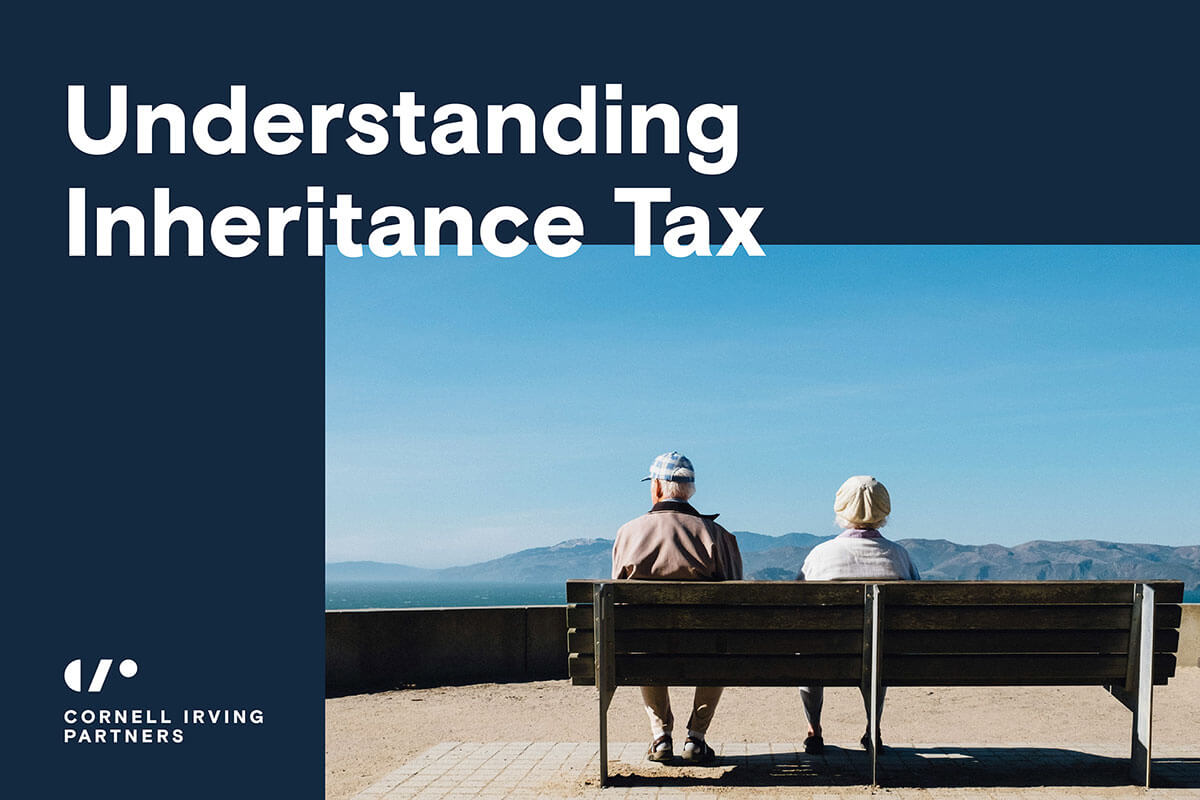It’s tax planning season! Generally tax planning happens in the last quarter of the financial year, the April-June months. We are fast approaching the 30th of June, so now is a great time to prepare and forecast for the EOFY to ensure you get the most out of your tax.
What is tax planning?
Tax planning, otherwise referred to as or tax-effective investing, is strategically arranging your financials to keep your tax to a minimum. The role of tax planning is to help you estimate the amount of income tax payable for the current financial year so you can make those strategical decisions before the end of the financial year.
For most businesses and individuals income tax is one of the largest expenses, so it requires careful planning and budgeting. With a good tax plan, and an accountant on your side, working smarter with your tax strategies can save you some cash.
One thing to ensure you steer well clear of, is non-compliance tactics such as tax avoidance schemes. The ATO has a set of rules to play by, so working outside legitimate practices will lead to penalties, often involving the need to pay back tax with interest and additional fines.
Top 6 Tax Planning strategies
1. Spend and save, or really?
To buy or not to buy. New phone, car, stylish couch for the office? Before you get the company card out, theres a few things to consider when it comes to purchasing things for your business as a means of tax-deductions and write-offs.
When spending money in most cases you’ll pay $1 to save 32 cents (based on the current small business company tax rate and after GST credit). So it really depends on what it is you want to buy and the benefit it will have on the business.
If you have the cash ready to go and you need a new piece of equipment for your business like a computer or printer, then purchasing this before 30 June will most likely help. Remember, new equipment for the business needs to be installed and ready to use by the 30th of June to be written off as a tax deduction.
2. Instant asset write-off
There is no limit to how much you can write-off when it comes to new equipment for small businesses. That means you can immediately depreciate the full cost of the asset.
As we mentioned above, if you need new gear for your business, then this is a great way to save some cash by purchasing the item before the EOFY. The instant asset write-off has been extended till the 30th of June 2023, so make the most of it this year (with caution!). Consult your accountant, or reach out to us to make sure you’re making wise purchases.
3. Pre-paying expenses
Got some extra cash before the 30th of June? Why not look at pre-paying some expenses for the year ahead so you can claim the tax in the current tax year?
Think of things such as rent, subscriptions, insurance or accounting fees. If paid by the 30th of June, up to 12 months of prepaid expenses can be deducted from the current tax year.
4. Superannuation Contributions
Superannuation is an investment in your future. Making additional or larger contributions to your super is to be considered, as you can claim an additional expense and save yourself some tax.
The payments do need to be received by the super fund prior to the 30th of June for the super contribution to be deductible in the current tax year.
5. Business Restructuring
Different entity structures pay different tax rates. If you’ve seen significant growth as a partnership or sole-trader, then it may benefit your business to transition structures to a company for tax benefits. This is a case by case situation and if you’re not sure about what structure is right for your business, we recommend talking to your accountant or contact us to ensure a different business structure is right for you.
6. Book a tax-planning meeting with your accountant
Booking in an annual tax planning meeting is a great way to ensure you have a tailored and strategic way forward in your personal and business finances. An annual planning meeting can improve cash flow, improve goal setting and tracking, bring more control over your finances and improve decision making. We’ve come to realise that everyone’s goals and objectives are unique and therefore we are firm believers in tailored advice for your situation.
If you need any help at all with getting your taxes ready or coming up with a plan, please reach out and we’d love to chat.







